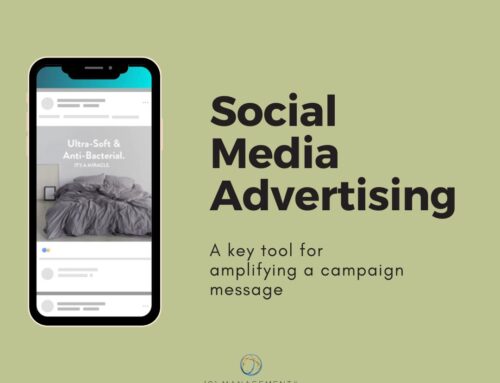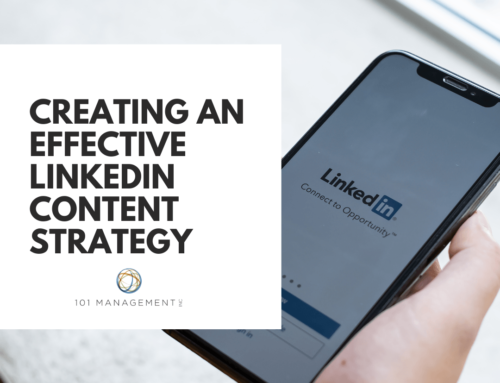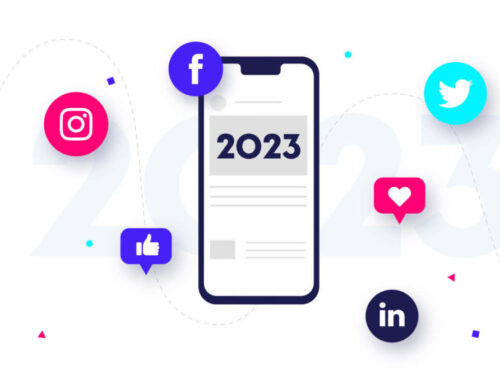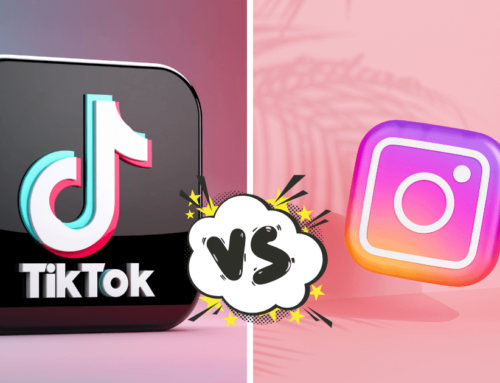The world of social media has evolved exponentially since its inception. Recall that social media behemoth Facebook began as an exercise in finding college girls to date. In the intervening years, we’ve seen it injected into every aspect of our lives, from helping find lost pets to creating movies and music; from finding the best roast beef recipe to scoring the perfect wedding gift.
But this past year social media has been impacted in ways we’ve never seen before. From the various social change initiatives to the election and, of course, to the pandemic, social media has been pressed into service in ways both good and bad.
To borrow a phrase, this is not your father’s social media, or even your older brother’s. Especially when it comes to marketing. It’s come a long way from the days of Instagramming upcoming sales and new product launches. The new reality of social media looks much different.
Getting to know you
Nowadays, consumers—especially younger ones—are looking for connection, engagement, and socially conscious values from their preferred brands.
- If you have a brick-and-mortar store, they want to know that you’re taking steps to protect them from the coronavirus, and precisely what those steps are.
- If you sell items that source parts or ingredients from overseas, they want to know how you’ve factored sustainability and fair labor practices into your buying decisions.
- They want to know how you contribute to your community.
- Most of all, they want to know that you are responsive to their concerns, whether about the world at large or about themselves as customers.
Conversational marketing is the future
Successful marketing in 2021 is all about building relationships, creating a two-way bridge between buyer and seller, in which the parties become more like friends exchanging helpful hints, ideas, and entertaining stories.
Conversational marketing is the buzzword from virtually all social media marketing experts for 2021, and it is one of the most important steps that many brands overlook. Conversational marketing means just what we’ve said: letting buyers get to know you, and fostering relationships through two-way conversations.
To accomplish this, you need to build personalized content that is: a) revealing, b) authentic, and c) share-worthy.
Think:
- live-streaming events
- product guidance and how-tos
- virtual showrooms
- chatbots
- behind-the-scenes glimpses
- funny/entertaining content
- user-generated content
- value, not just in goods and pricing, but in posts that offer viewers something worthwhile and relevant to their lives
Listen, then listen some more
The new social media reality means you can’t build a relationship when you’re doing all the talking. Or in this case, posting. The word “conversation” implies back-and-forth communication. According to one survey, 79 percent of customers want brands to understand and care about their needs before they would consider making a purchase.
So you first need to monitor mentions of your brand, but you must also understand what those mentions mean; i.e., were they positive or negative?
As Jeff Bezos put it, “Your brand is what people say about you when you’re not in the room.”
Second, you need to be on top of feedback from customers, whether in comments they make on your website, blog, or social media posts, or in quickly resolving customer complaints. This helps build brand loyalty and offers you the chance to protect your brand from negative feedback.
Finally, you need to use analytics extensively to learn who comprises your audience, what interests them or doesn’t, and especially, what moves them.
Mind your memes
While you’re doing all this, you also have to be on the alert for misinformation. This spreads with lightning speed on social media. You can’t allow your channels to be hijacked by bad actors, which can ruin your brand in an instant.
Memes are hotter than ever. Research shows that 55 percent of users ages 13-35 share memes every week. This is not necessarily a good thing, however, when they can be used maliciously.
Some of the malicious memes flourished over the past year involved misinformation on everything from the coronavirus pandemic to supposedly getting drafted for “World War III” to the election. Memes are generally meant to be amusing, but their actual message can be subtle and even obscure.
Unfortunately, when they’re targeted at your brand, they can do a lot of damage. So make sure you understand any memes you come across before you post them.
Our social media management experts can help you stay on top of the latest trends while avoiding the pitfalls. We can show you how to tailor your marketing to the new reality that is social media in 2021.










Leave A Comment